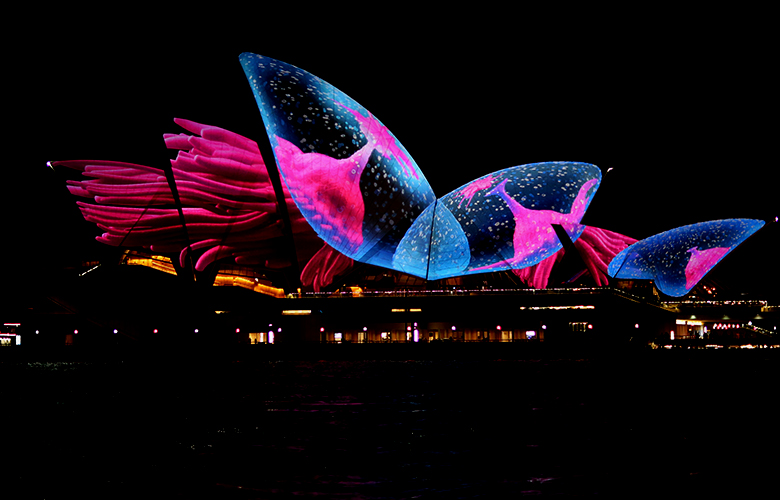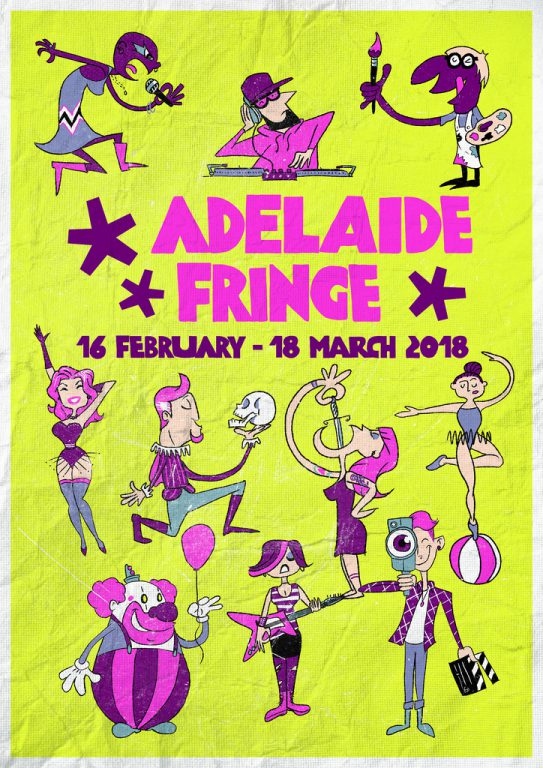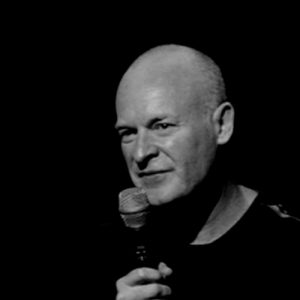
On June 4, 1789, in the middle of a Sydney winter and less than 18 months since ‘First Settlement’, the first piece of ‘Western’ theatre was produced in the new colony – The Recruiting Officer by George Farquhar. This first theatrical production in the new colony was mounted in honour of King George III’s birthday, performed by a group of unknown convicts, to an elite audience of about 60 people, including Governor Arthur Phillip, the Marine Corps officers and their wives, as well as the few ‘free settlers’, and was performed in a ramshackle convict hut.
Other than this not much is known about this first theatrical production, nonetheless, there are a number of factors that remain as considerable influences on the character of the contemporary Australian actor. These include – the Play, the ‘Performing Space’, the ‘Event’, and the Actors. This series of posts will look at each of these factors and how they relate to modern Australian theatre, film, and television practice in forming the character of the Australian actor. This post concerns ‘The Event’.
This production of George Farquhar’s The Recruiting Officer was arranged and performed as part of an ‘event’ – in honour of King George III’s birthday. It is highly likely that Governor Arthur Phillip and the rest of the ‘First Fleeters’ had no idea that by this time King George III had succumbed to the first in a series of serious mental health battles, which quite possibly was the generic disease ‘porphyria’ that has plagued other members of the British royal family. Besides, the approximately 1,500 people who made up the ‘First Fleet’, convicts as well as officers, free settlers and their respective wives and servants, had their own concerns – mainly survival in a strange and hostile land.
Lieutenant Watkin Tench (1753-1833) was a Marine officer with the ‘First Fleet’ and provided one of the few eye-witness accounts of this production of The Recruiting Officer. Tench wrote, ‘That every opportunity of escape from the dreariness and dejection of our situation should be eagerly embraced will not be wondered at’ (Tench – A Complete Account of the Settlement at Port Jackson in New South Wales (1793). 25.)Tench’s comment reflects the genuine concern and fragile position that faced the ‘First Fleeters’ in establishing the colony.
There were only copies of two English plays that accompanied the First Fleet – George Farquhar’s popular satiric comedy The Recruiting Officer (1706) and the sentimental The Tragedy of Jane Shore (1714) by Poet Laureate Nicholas Rowe (1674-1718).
Considering the difficulties, the ‘dreariness and dejection’ felt by Tench and one can assume by many others, Governor Arthur Phillip wisely chose Farquhar’s comedy to honour King George III’s birthday.
The complementary matching of theatrical performances with respective events is still very much a part of the annual modern Australian theatre scene.
It is notable that the occasions in which there is the most heightened theatrical activity occur during the numerous festivals throughout Australia. This includes the Sydney, Melbourne, Perth, Adelaide, Brisbane, and Darwin Festivals – plus others – such as the Adelaide Fringe Festival, which is the second largest in the world.
Furthermore, a number of festivals are targeted towards specific audiences, similar in a way to the target audience of The Recruiting Officer – the respective Marine officers and their wives. Examples include The Sydney Gay and Lesbian Festival, and the Oz-Asia Festival in Adelaide.
In conclusion, whilst a number of Australians are regular theatregoers, nonetheless, it would seem that Australian audiences really love ‘events’ with theatre attendance soaring during such ‘events’ like the annual festivals, combined with and complementing the vast range and diversity of productions that can be seen and experienced in these respective ‘events’ and festivals.
Many of these productions are in ‘site-specific’ locations, such as the convict production of The Recruiting Officer, which is the subject of the next post in this series. Whilst it may be somewhat romantic (and theatre is a romantic world), the combination of heightened theatrical activity and events helps to produce a ‘spirit of play’ in the formulation of the character of the Australian actor.

Sydney Gay and Lesbian Festival
The Genesis Of The Australian Actor
The Genesis Of The Australian Actor: Part 3


Tony Knight was educated at Sydney Grammar School and trained at the Drama Centre London, which includes in its alumni Colin Firth, Frances de la Tour, Paul Bettany, Penelope Wilton, Michael Fassbinder and Tom Hardy. Tony has considerable knowledge, experience and expertise as a professional acting teacher and director. Tony has been the Program Leader for the Musical Theatre (B.A. Hons.) course at the LaSalle College of the Arts, Singapore, developing and implementing a new curriculum. He was the Head of Acting at Australia’s National Institute of Dramatic Art (NIDA), training some of Australia’s most celebrated national and international actors, such as Cate Blanchett, Sam Worthington, Alex O’Loughlin and Miranda Otto. Tony has taught, directed and lectured in many parts of the world, including Australia, the USA, Japan, Romania, Singapore and Tonga. He has spoken at numerous international and national conferences, including the annual ITI-Drama Schools Conference in Romania, and at the Musical Theatre Educators Conference, in Perth 2015, which included delivering a paper re current research - What’s Hidden Underneath: Secrets & Sex –The Pajama Game and American Drama n the early 1950s, the Age of McCarthyism, HUAC, and The Kinsey Report. Tony has a passionate interest in all the performing arts, and dedicated to improving the training of young actors. He is now freelancing and completing his PhD on Richard Burbage: Shakespeare’s Actor & the Art of ‘Personation’. Now resident in Adelaide, South Australia, Most recently he has successfully delivered three public lectures on the 'Identity of the Australian Actor' at the National Portrait Gallery and the National Film and Sound Archive, Canberra. Tony He has been teaching at SA Casting and Angela Heesom Casting, as well as his own private classes. He has also been directing and producing, including three successful professional productions - Harold Pinter’s Old Times, and William Mastrosimone’s Extremities at the Adelaide Festival Centre, and Gardner McKay’s Toyer at the Bakehouse Theatre, Adelaide.
Read Full Profile© 2021 TheatreArtLife. All rights reserved.

Thank you so much for reading, but you have now reached your free article limit for this month.
Our contributors are currently writing more articles for you to enjoy.
To keep reading, all you have to do is become a subscriber and then you can read unlimited articles anytime.
Your investment will help us continue to ignite connections across the globe in live entertainment and build this community for industry professionals.